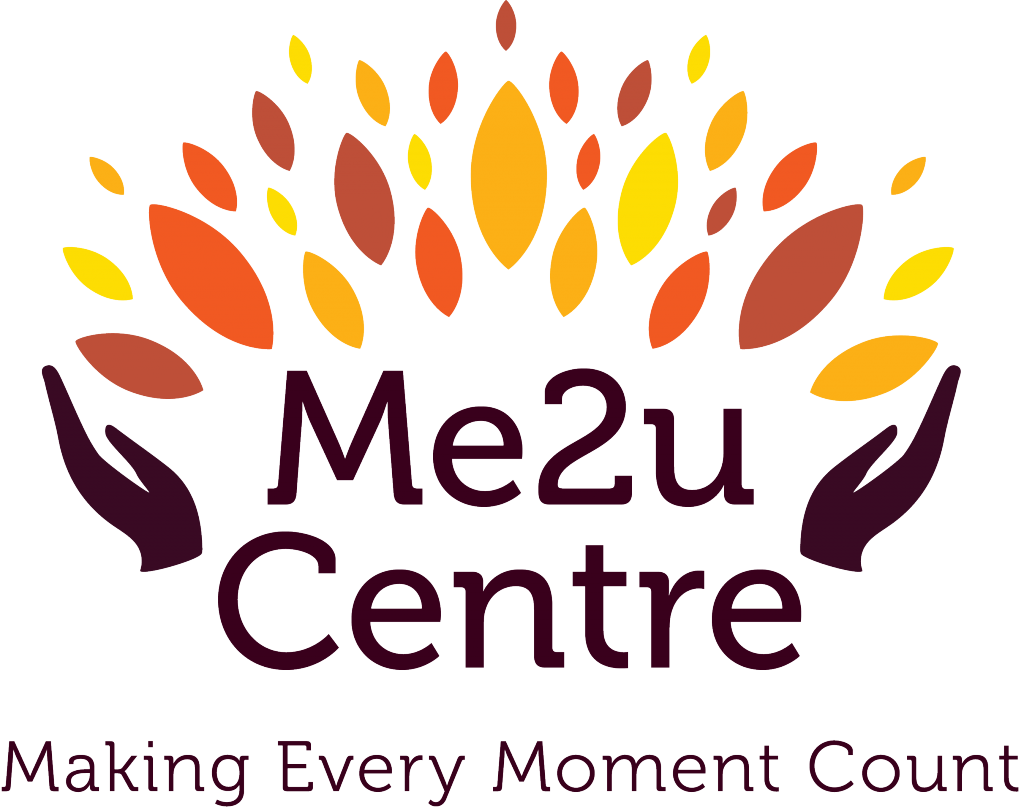Many of us enjoy an alcoholic drink from time to time.
However it’s important that we’re careful, and aware of just how much we are choosing to drink.
According to The Alzheimer’s Society alcohol related brain damage can end up leading to a dementia diagnosis.
So what do you need to know to minimise the risk?
We’ll try and clear things up for you in this article.
Alcohol’s effect on the brain
You’re probably not surprised to hear that alcohol isn’t great for your body.
However you might not know just how big the risks can be.
The NHS describes alcohol as a powerful chemical that can have a wide range of adverse effects on the body, including the brain.
When alcohol is consumed regularly for many years it can have an impact on our memory. However this is worsened, when individuals show signs of impairment but continue to consume alcohol.
Excessive drinking can cause brain cells to die and the brain tissue can begin to shrink. With fewer cells to transfer messages from the brain to parts of the body, you will have trouble performing different tasks..
How many is too many?
It’s important to note that every individual is different, so there isn’t a one answer fits all to this question.
However, as a general rule of thumb the less alcohol we drink, the more we reduce our chances of alcohol-related brain damage.
The NHS recommended guideline for alcohol is no more than 14 units per week. When you exceed this amount, you can put yourself and your body at risk.
What can I do to prevent this from happening to me?
For people living with dementia, there is no way of reversing the disease.
However for those living with alcohol-related damage, there is hope, as there are ways to aid healing.
As stated above, the less alcohol you consume the greater the health benefits.
Going alcohol-free may seem like a real challenge, but it could be a lifeline as one in ten people diagnosed with dementia have some form of alcohol-related brain damage.
It’s also important to allow your body to absorb lots of vitamin B1. Alcohol tends to negatively effect our ability to do this, which means our brain won’t work as it should.
Try to eat foods rich in vitamin B1 like fish, beans and yoghurt.
Could somebody you know be showing signs of Dementia?
If a loved one, or family member is showing signs of Dementia we’re here to help you both. Come and visit the centre, and see how we can support you.
Recent Posts
- Understanding Dementia: What It Is, Its Impact, and How to Support Your Loved Ones
- Autumnal Activities for Dementia Patients: September’s Dementia Therapies
- The Best Therapies for Dementia Patients in the UK
- Engaging Activities for Dementia Patients: Keeping Fun and Connection Alive at Home
- Caring for the Caregiver: Ensuring the Well-being of Those Who Care for Dementia Patients
